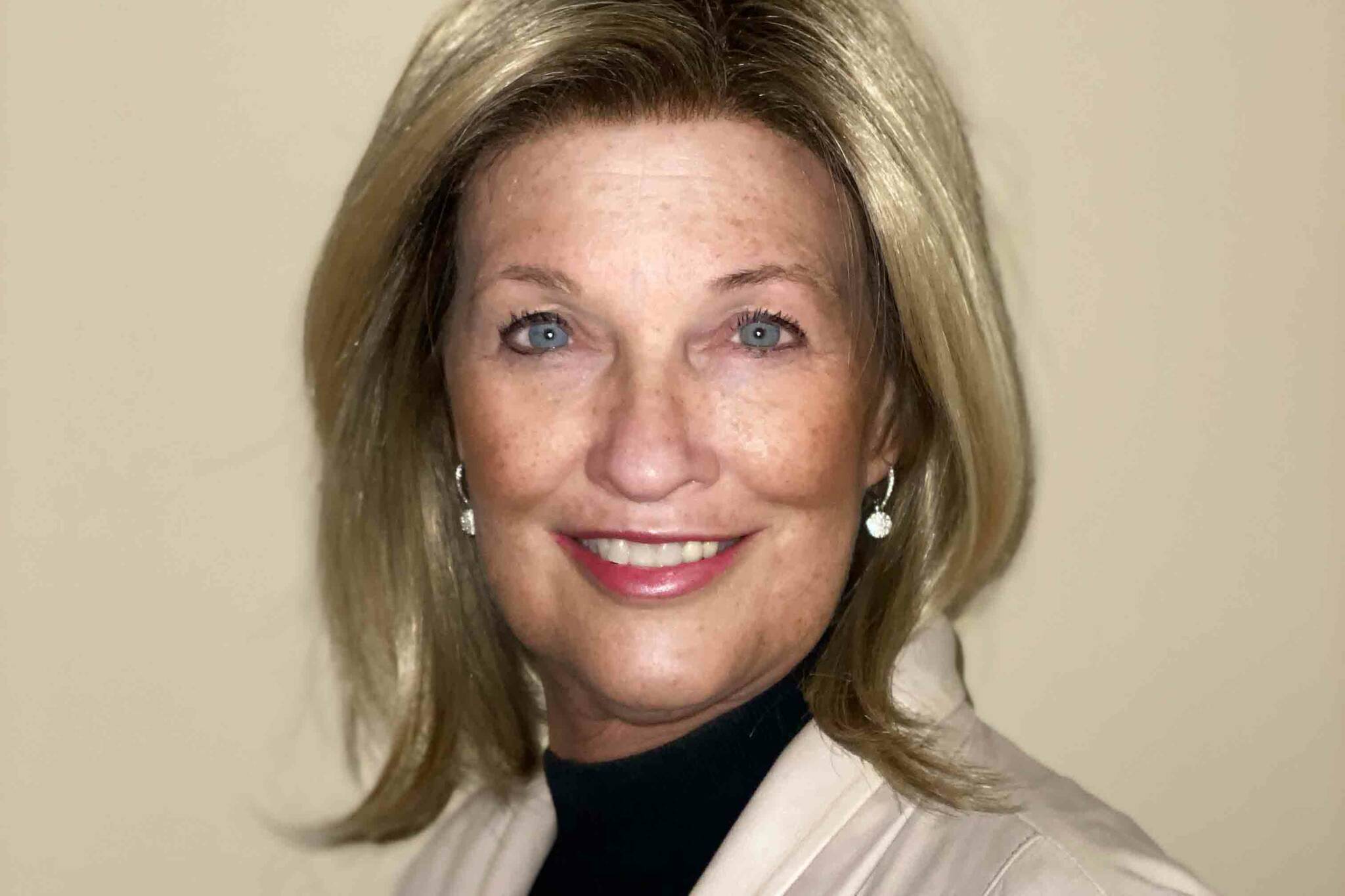By Lucinda Mahoney
The ongoing geopolitical events occurring around the world remind us how interconnected Alaska is to global events. Sadly, these events are resulting in loss of life, terror in Ukraine, and economic disruptions felt around the world, including Alaska. Alaskans are experiencing high costs of energy and inflation impacts, all while recovering from a global pandemic and now the war. The price of oil is high, and the stock market is volatile. Our Legislature is discussing next year’s spending plan and the Department of Revenue released an updated revenue forecast on March 15. Due to the increased price of oil, we are now forecasting increased revenues in the billions, resulting in a budget surplus and opportunity for us to replenish our savings accounts; assuming we maintain spending discipline.
The Department of Revenue is forecasting a budget surplus of $3.4 billion combined for fiscal year 2022 and FY 2023, after a dividend distribution to Alaskans of $3,780. Our finances have improved due to the tremendous investment returns the State of Alaska experienced last year, combined with the increased oil price. Last year, the Alaska Permanent Fund grew by 29% to $82 billion and generated $20 billion in earnings, resulting in increased distributions available for future potential spending. The public employee’s retirement systems (PERS) funding levels have improved due to 30% market returns and are almost fully funded on a fair value basis. It was not long ago when we had the dubious distinction of having one of the largest per capita pension liabilities in the nation. We have now made a significant correction since that time to reduce the liability. While the price of oil now hovers in the $100 to $110 per barrel range, we have an opportunity to coalesce around a permanent fiscal solution for our state.
However, as the increased revenues enable the state’s fiscal position to improve, we realize that Alaskans are still recovering from the economic fallout of the pandemic, paying 44% more for a gallon of gas and increasing costs of food, labor and supplies by ~8%. The average Alaskan household is spending over $5,200 annually due to inflation. This could be transitory inflation due to supply disruptions from the pandemic, and now the war in Ukraine, or it may be here to stay.
To help with these higher costs and to ensure Alaskans share in the wealth of the permanent fund, Gov. Mike Dunleavy has proposed that the Legislature appropriate an additional supplemental dividend this year of $1,216 and a full 50/50 dividend next year estimated to be $2,564, for a combined distribution to Alaskans of $3,780. Even after distributing the PFD to Alaskans, the state is projected to realize billions in surplus revenues, which should be saved to manage impacts of future oil-price volatility.
Thankfully, policymakers appear to be coming together towards a solution. At the beginning of March, the Alaska House Majority put legislation forward to set the PFD and include an additional “energy rebate” payment equal to the PFD requested by the governor.
Those of us who have lived in Alaska for many years are familiar with the uncertainty associated with the rising and falling price of oil and investment market volatility. To manage the investment volatility, conservative formulas have been established to level out the highs and lows of market returns over a five-year smoothing period. While these programs are in place and working as planned, it is critical to maintain spending discipline and recognize the importance of building up the savings reserves to manage potential future oil price volatility.
Now is the time to establish firm fiscal policies that will limit spending into the future and ensure that our reserves are replenished and protected such that we do not repeat the mistakes of the past. The last time the price of oil rallied significantly was between 2004 and 2013 — and in response, our state spending grew at an average rate of 14.6% per year. In 2019, the spending budget was $4.9 billion, and the governor’s 2023 proposal for spending was $4.6 billion.
Now is the time to convert the Alaska Permanent Fund to a true endowment fund and constitutionally limit spending to up to 5% of the value of the fund smoothed over five years. The change to an endowment will protect the permanent fund for future generations and continue to be a source of revenue for the state.
We are presented with an opportunity to establish a fiscal plan. But policymakers must make a choice; we can spend our surpluses like policymakers of the past have — leaving us in an unstable fiscal situation when oil revenues dry up OR we can enact sound fiscal policies such as establishing an effective spending cap, replenishing savings, and establishing firm rules for spending the permanent fund distributions.
I hope we can take this opportunity to put politics aside and choose that path with the benefit of future generations of Alaskans in mind.
If you are interested in receiving revenue updates from the Department of Revenue or would like to develop your own fiscal plan using the department’s fiscal model for the State of Alaska, please visit our website at http://dor.alaska.gov.
Lucinda Mahoney is commissioner of the Alaska Department of Revenue.

